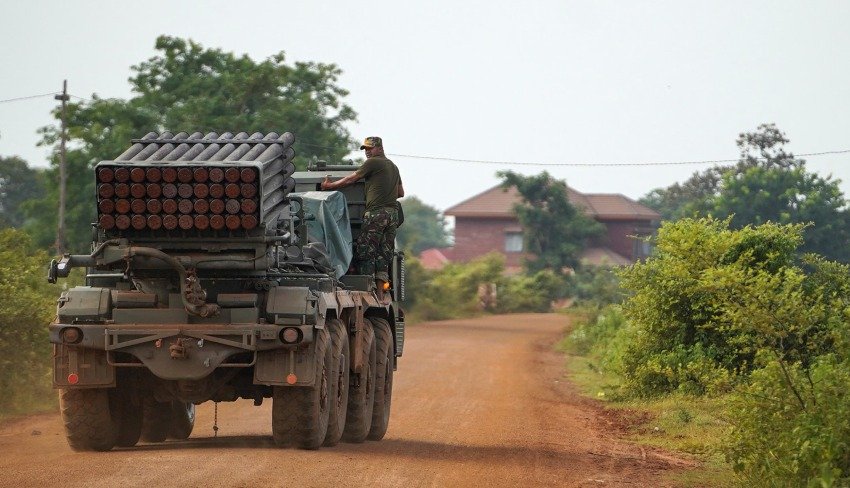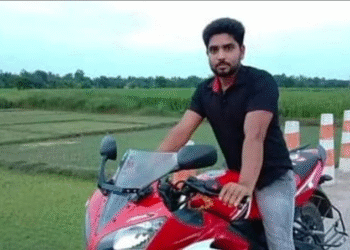Amid growing concerns over escalating violence, Cambodia has urgently called for an immediate ceasefire following a series of intense border clashes with neighboring Thailand. The appeal comes as military tensions flare along a disputed stretch of the frontier, reviving long-standing territorial disputes that have historically strained diplomatic ties between the two Southeast Asian nations.
Cambodian officials issued a formal statement urging both sides to exercise maximum restraint, highlighting the need to prevent further casualties and protect civilian populations living in the affected zones.
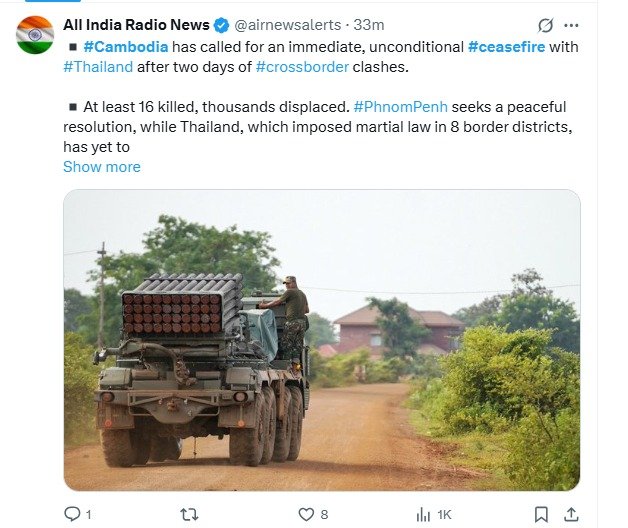
The government emphasized its commitment to a peaceful resolution and called on regional bodies, including ASEAN, to help mediate and de-escalate the situation before it spirals further out of control. Meanwhile, Thailand has yet to issue a reciprocal statement, fueling uncertainty about the prospects for immediate peace talks.
ALS READ: Why Are Thailand And Cambodia Fighting Over 900yr Old Hindu Temple?
Overview of Rising Tensions between Cambodia and Thailand
Tensions between Cambodia and Thailand have been mounting in recent weeks due to renewed disputes over contested border territory, particularly in areas near historic landmarks and militarized zones.
The clashes, which erupted on Thursday, have rapidly intensified into one of the deadliest flare-ups along the Cambodia–Thailand border in over a decade. According to Thailand’s Ministry of Public Health, at least 15 people have been killed and dozens more injured as heavy shelling and gunfire swept through several contested areas.
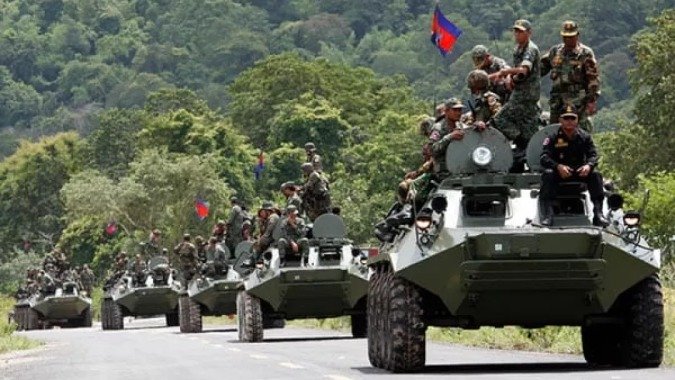
The violence has triggered a mass evacuation of more than 138,000 residents from Thai border towns, as authorities scramble to set up emergency shelters and medical aid stations. Both countries have deployed additional troops to the frontlines, and artillery exchanges have damaged civilian infrastructure, including homes, markets, and schools. These incidents mark the most serious escalation since the 2011 clashes and have drawn concern from ASEAN and international observers.
With the humanitarian toll mounting and fear spreading across affected communities, pressure is growing on both governments to de-escalate the crisis and return to the negotiating table.
ALSO READ: BREAKING!: Thailand Launches Airstrikes On Cambodian Military Targets!
Historical Context of Cambodia–Thailand Border Disputes
Both sides have accused each other of violating sovereignty and provoking unrest, leading to a volatile standoff that threatens region. The border disputes between Cambodia and Thailand are deeply rooted in a complex history shaped by colonial legacies, cultural heritage claims, and shifting political landscapes.
A major flashpoint has long been the area surrounding the Preah Vihear Temple, a 900-year-old Hindu monument perched on a cliff along the border. Although the International Court of Justice (ICJ) awarded the temple to Cambodia in 1962, surrounding land remains hotly contested, leading to multiple armed skirmishes over the decades.
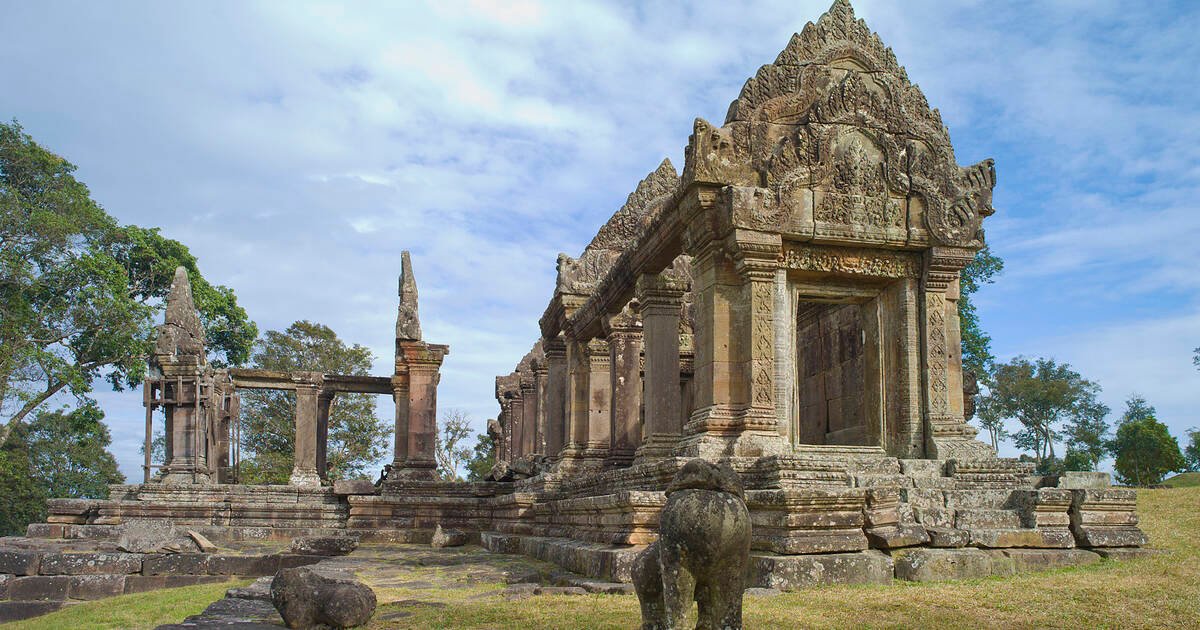
The ambiguity of French colonial maps, which were used to demarcate the border, has left sections of the 800-kilometer boundary open to interpretation and dispute. National pride, domestic politics, and occasional nationalist rhetoric have further fueled the rivalry, turning border disagreements into symbols of sovereignty for both nations.
Despite various bilateral talks and ASEAN interventions, the lack of a fully agreed-upon demarcation continues to make the region as geopolitically instable. Local communities along the border are increasingly affected, with reports of civilian displacement and disrupted livelihoods.
ALSO READ: Deadly Plane Crash Kills 49 in Russian Far East
Cambodia’s Ceasefire Appeal
In response to the escalating violence and rising civilian toll, the Cambodian government has issued a formal and urgent appeal for an immediate ceasefire with Thailand.
The statement, released by the Cambodian Ministry of Foreign Affairs, emphasized the country’s commitment to de-escalation and regional peace, urging both sides to “exercise utmost restraint” and engage in diplomatic dialogue.
Prime Minister Hun Manet personally called on ASEAN member states to intervene as mediators, warning that continued hostilities could destabilize the broader Southeast Asian region. Cambodia’s appeal also included a request for international observers to monitor the border and ensure the protection of civilians.
While expressing regret over the loss of life, the government asserted that its military had acted defensively in response to “unprovoked aggression.” So far, Thailand has not officially responded to the proposal, though informal discussions are reportedly taking place behind closed doors through ASEAN diplomatic channels.


